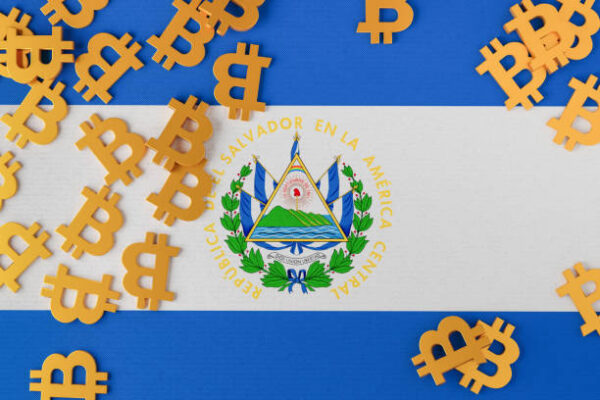El Salvador has officially joined the ranks of nations with significant Bitcoin (BTC) reserves, amassing a total of 6,000.77 BTC as of Dec. 29, 2024. This milestone, announced by the National Bitcoin Office of El Salvador, highlights the Central American country’s ongoing commitment to Bitcoin as a strategic treasury asset under President Nayib Bukele’s leadership.
The latest acquisition of 1 BTC brings the country’s holdings to a valuation of approximately $569.3 million, according to portfolio data. This marks an impressive 108.02% return on its Bitcoin investment, with an average purchase price of $45,450 per BTC.
A History of Bold Bitcoin Moves
El Salvador’s Bitcoin journey began on Sept. 6, 2021, when it became the first nation in the world to adopt Bitcoin as legal tender. The initial purchase of 200 BTC marked the beginning of what would become a consistent accumulation strategy.
Currently, El Salvador ranks sixth globally in Bitcoin holdings among nation-states, trailing the United States, China, the United Kingdom, Ukraine, and Bhutan, according to BitBo’s Bitcoin Treasuries data.
El Salvador has typically followed a “one Bitcoin per day” buying strategy. However, its recent purchase of $1 million worth of Bitcoin coincided with a $1.4 billion deal struck with the International Monetary Fund (IMF). Notably, this move comes despite the IMF’s repeated warnings about the risks associated with Bukele’s Bitcoin-focused policies.
Stacy Herbert, Director of El Salvador’s National Bitcoin Office, hinted at further acceleration in the country’s Bitcoin purchases in a Dec. 19 social media post, suggesting that the nation remains steadfast in its crypto-centric economic strategy.
The Future of Bitcoin in El Salvador
A spokesperson for the Bitcoin Office confirmed that the government has no plans to sell its Bitcoin holdings, reaffirming its commitment to Bitcoin as the cornerstone of its economic strategy. However, Herbert revealed plans to divest from or close down the government-run Chivo wallet, allowing private-sector wallets to take center stage in serving El Salvador’s crypto ecosystem.
The $1.4 billion IMF deal, which marks the conclusion of four years of tense negotiations, still awaits formal approval. The IMF has expressed concerns about El Salvador’s Bitcoin policies, warning that they could expose the nation to financial instability. Despite this, the Bukele administration remains undeterred, viewing Bitcoin as a long-term solution for economic growth and sovereignty.


